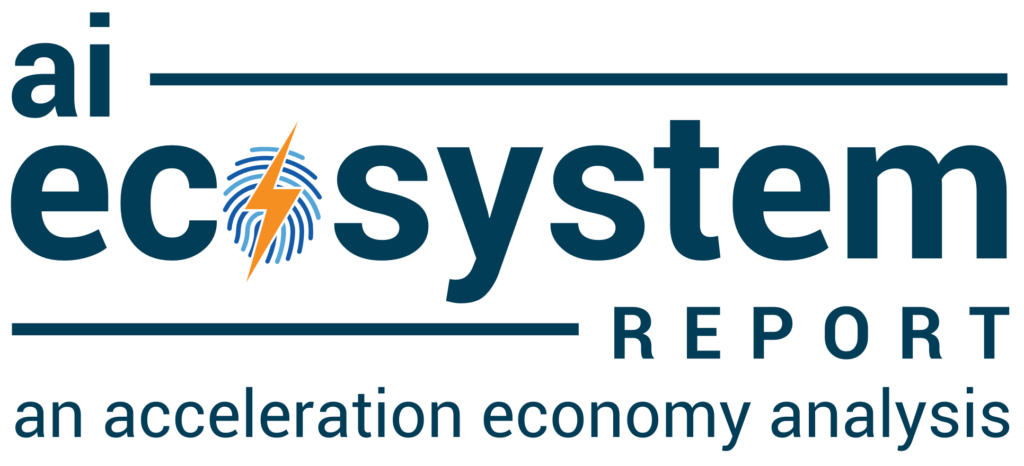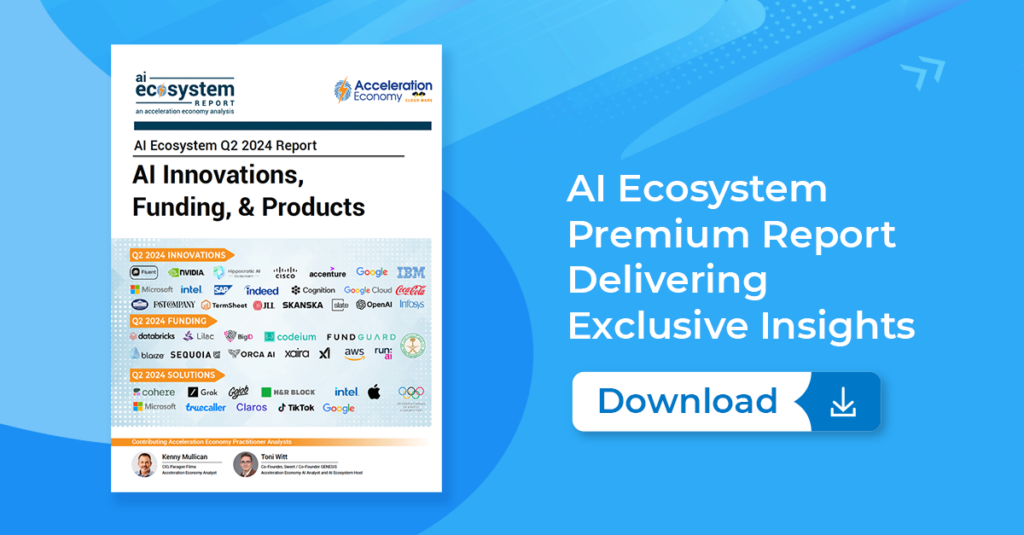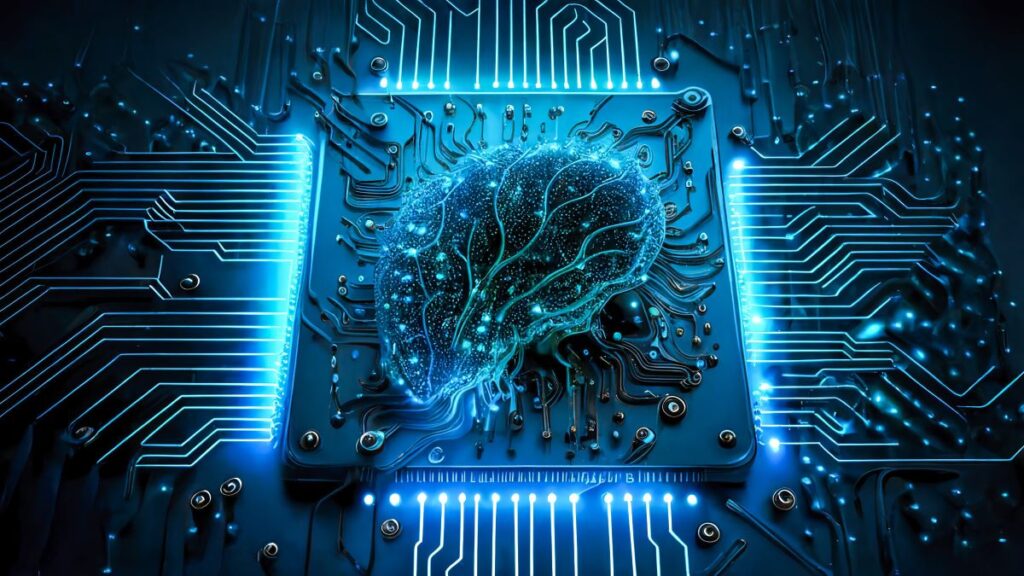
GenAI has many well-known use cases: Models including GPT-3 and DALL-E can be used to write articles, essays, and social media posts or to generate images, and help create animations or videos. Customer service, personal assistance, and code development are other well-known uses of GenAI.
However, the technology’s potential extends far beyond these applications. In this analysis, I’ll assess the impact of GenAI on education, healthcare, the military, and urban planning. From transforming personalized learning experiences to enhancing diagnostic accuracy, GenAI is poised to bring about significant changes in these sectors.
Ask Cloud Wars AI Agent about this analysis
Personalized Education
In the realm of education, GenAI is enabing personalized learning experiences that cater to individual student needs:
- Customized Educational Content: AI generates lessons tailored to different learning styles and paces, ensuring each student receives the support they need to succeed.
- Adaptive Testing and Real-Time Feedback: Continuous assessment and adjustment of learning strategies can optimize student prformance outcomes.
- Assistance to Teachers: AI can help educators by identifying knowledge gaps among their students and providing targeted resources to address them, making the educational environment more responsive to individual needs.
This personalized approach can deliver tangible benefits in education; it creates the possibility to not only enhance student engagement but also paves the way for more inclusive — and effective — education systems.
Healthcare Diagnostics and Treatment Planning
GenAI is expected to significantly, and positively, impact healthcare diagnostics and treatment planning for medical providers and their patients through a series of innovative applications of the technology:
- Synthetic Medical Images: AI can create synthetic medical images for training purposes, helping in the development of better diagnostic tools and techniques.
- Simulating Rare Diseases: AI is beign used to simulate rare diseases and conditions, allowing doctors to prepare for and recognize uncommon medical scenarios and improve their ability to accurately diagnose such diseases
- Personalized Treatment Plans: AI simulates patient responses to different treatments, enabling providers to customize treatment plans to improve patient outcomes.
- Early Detection: AI assists in early detection of diseases by analyzing medical data and identifying patterns that may be missed by traditional diagnostic methods.
Urban Planning and Architecture
GenAI is transforming urban planning and architecture with its ability to design and optimize:
- Urban Layouts: AI designs smart cities and optimized urban layouts, enhancing energy efficiency and overall livability.
- Building Design: AI helps in creating smart buildings by simulating and testing different designs for performance to meet energy-efficiency and sustainability goals.
- Detailed 3D Models: AI generates detailed models of cities, aiding urban planners in visualizing and testing infrastructure projects before implementation.
- Environmental Impact Assessments: AI models the environmental impact of proposed urban developments, helping planners make informed decisions.
Military Applications
GenAI is revolutionizing military operations with innovative applications that improve research, communication, and strategic planning:
- Experimental Chatbot: An AI-driven app enables U.S. Space Force Guardians, airmen, civilian employees, and contractors to engage in human-like conversations, streamlining tasks such as correspondence and programming.
- Policy and Decision Support: Insights from AI applications are used to inform policy and investment decisions for greater operational effectiveness.
Conclusion
Despite all the progress to date, we’re still in the early days of GenAI and its future applications hold immense promise. As we continue to explore and integrate these technologies, the possibilities for innovation and improvement across various sectors seem boundless. I’m eager to see how GenAI will further evolve and shape our world, enhancing both everyday tasks and solving complex problems across industries and professional disciplines in ways we have yet to fully imagine.

The AI Ecosystem Q2 2024 Report compiles the innovations, funding, and products highlighted in AI Ecosystem Reports from the second quarter of 2024. Download now for perspectives on the companies, innovations, and solutions shaping the future of AI.










